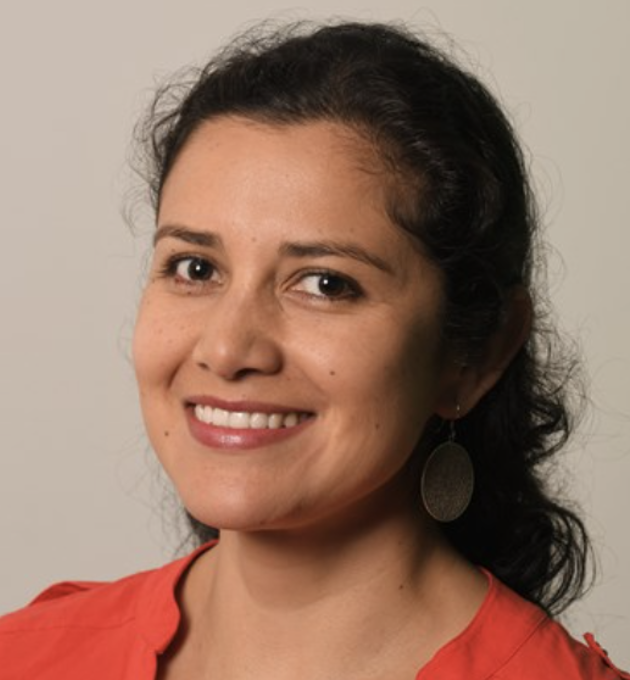Stress and Mental Health in Education
This course will delve into the current economics research related to the rise and effects of stress and mental health issues in education.

Main content
Course leader
Catalina Franco, Researcher at Center for Applied Research (SNF) at NHH – Norwegian School of Economics.
Course description
Our main focus will be on the economic consequences of stress and mental health issues in what pertains to educational access and success.
Stress is ubiquitous in modern society. When stress becomes overwhelming and prolonged, it can lead to mental and physical health issues. According to the OECD, mental health disorders affect half of the global population at some point in their lives, with far-reaching consequences. Mental health issues not only have a profound impact on individuals but also on economies, leading to over 4% of global GDP loss and ranking as the leading cause of disability worldwide.
In education, the effects of even mild forms of stress can range from affecting everyday school activities, to exam performance and overall success in education. Findings from the 2015 National College Health Assessment in the United States revealed that three out of every four college students report experiencing stress during their college years. These early-life struggles can predict future mental health diagnoses and interfere with human capital accumulation and success in the labor market.
